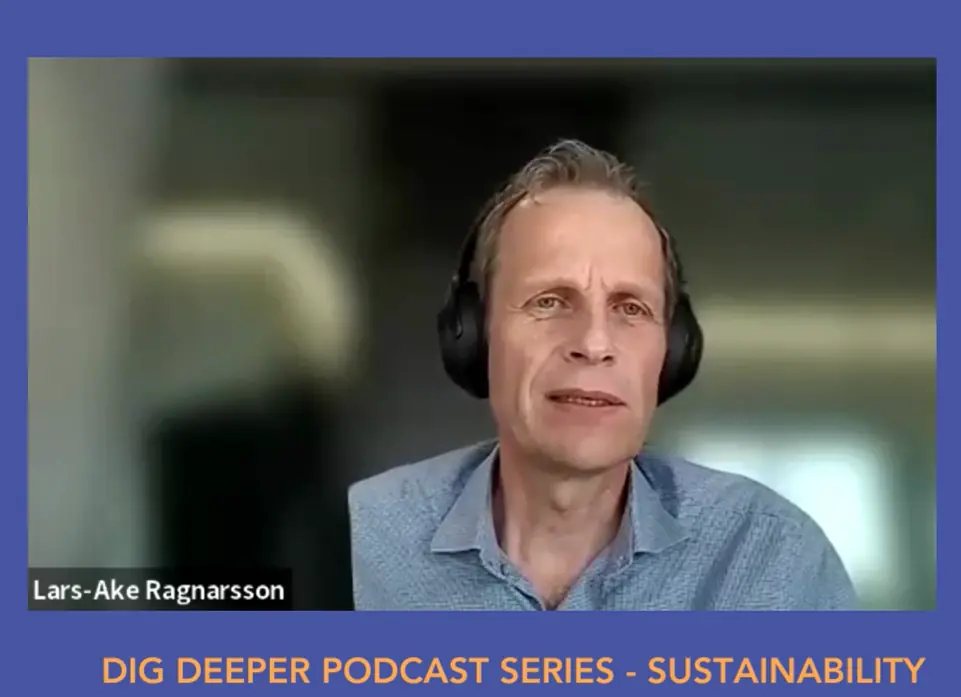
Lars-Åke Ragnarsson, Imec program director
Imec, the semiconductor technology innovation hub based in Leuven, Belgium, is focusing its sustainability efforts squarely on the largest contributor to greenhouse gas emissions: chip manufacturing.
The ongoing sustainability push includes public access to a “virtual fab,” just unveiled Tuesday, Nov. 14, a net-zero emissions tool designed to offer a “quantified view of the environmental impact of IC manufacturing.” In other words, the web application would allow chip makers to gather hard data on the environmental impact of their operations. For those chip makers serious about reducing their environmental impact, the Imec tool is a good place to start.
If the booming semiconductor industry is going to clean up its act, it must start with its resource-intensive manufacturing operations. The production of advanced chips used in mobile phones and data centers account for the lion’s share of manufacturers’ carbon footprint. Reining in those emissions is the key to sustainable chip production, argues Lars-Ake Ragnarsson, an Imec program director.
We are fighting against increasing energy needs, increasing emissions, increasing material use …
Lars-Ake Ragnarsson
“We are fighting against increasing energy needs, increasing emissions, increasing material use, from two sources: the increasing complexity of technologies and the increase in volume. And because [of] these two multiplie[r]s, we have an exponential problem.”
The data-gathering virtual fab is also a key component of Imec’s Sustainable Semiconductor Technologies and System (SSTS) program. The goal is nudging the global chip industry to carbon-neutral and net-zero production between 2030 and 2050. SSTS and the virtual fab effort are providing chip makers with “actionable data” for scrutinizing and tuning fab processes and workflows, program officials say.
Our Dig Deeper Sustainability conversation with Imec’s Lars-Ake Ragnarsson is here.
George Leopold, a frequent contributor to the Ojo-Yoshida Report and the host of the Dig Deeper Sustainability video podcast series, is the author of Calculated Risk: The Supersonic Life and Times of Gus Grissom.
Copyright permission/reprint service of a full Ojo-Yoshida Report story is available for promotional use on your website, marketing materials and social media promotions. Please send us an email at talktous@ojoyoshidareport.com for details.
